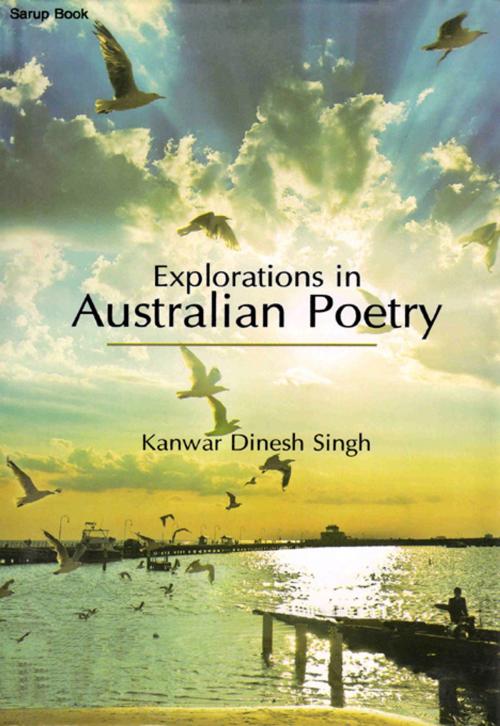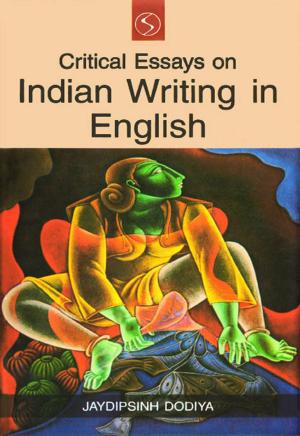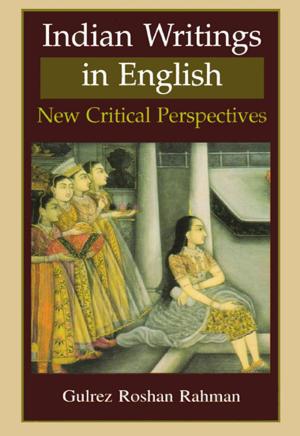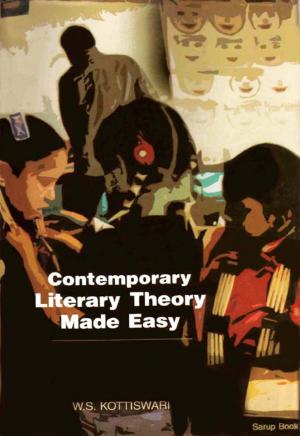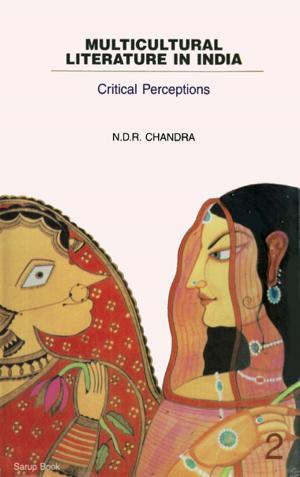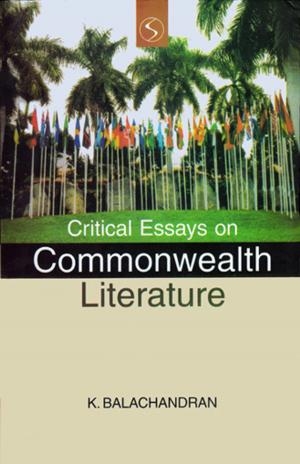| Author: | Kanwar Dinesh Singh | ISBN: | 9781618205353 |
| Publisher: | Sarup Book Publisher | Publication: | March 7, 2010 |
| Imprint: | Sarup Book Publisher | Language: | English |
| Author: | Kanwar Dinesh Singh |
| ISBN: | 9781618205353 |
| Publisher: | Sarup Book Publisher |
| Publication: | March 7, 2010 |
| Imprint: | Sarup Book Publisher |
| Language: | English |
This book aims at exploring diverse issues in Australian poetry. Jayne Fenton Keanes essay Australian Poetry: Reflections on Nature, Space and Identity presents an overview of the many treatments of nature rendered by a host of contemporary Australian poets. According to her, in the relatively brief history of written Australian poetry, nature has emerged as a quintessential theme. As a space and a physical expression of the natural world, nature is expressed through many styles. In most poetry, one can see an expression of the relationship between people and their environment, a relationship that has become a mainstay of Australian poetry. Jayne Fenton Keane discusses contemporary Australian poetry through spotlighting, showcasing and meditating on current and past relationships between antipodean poets, nature, space and identity. In this meditation the texts of contemporary poets reflect the (dis) connection that exists between Australian poets and their sense of space. Closely aligned with this discussion is how the voice of the wanderer or outsider is affiliated with place. Exploring ones relationship with place or home is an important theme in Australian poetry and at the heart of the concern is often a sense of alienation; from others, from nature and from the world. Such alienation is often pitched through natural and classical metaphors. In contemporary Australian poetry domestic, urban, natural, built, psychic and political concerns manifest most ardently in the hub of the home-work-play paradigm. Jayne opines that, as the density of the suburbs increases with a subsequent loss of habitats to facilitate a relationship between people, plants and wildlife, the construction of Australian identity will inevitably change. As people dig deeper into technology and spend less time in nature, alienation between self and the world may increase and poems that relate to nature may become either increasingly sentimental or increasingly personified.
This book aims at exploring diverse issues in Australian poetry. Jayne Fenton Keanes essay Australian Poetry: Reflections on Nature, Space and Identity presents an overview of the many treatments of nature rendered by a host of contemporary Australian poets. According to her, in the relatively brief history of written Australian poetry, nature has emerged as a quintessential theme. As a space and a physical expression of the natural world, nature is expressed through many styles. In most poetry, one can see an expression of the relationship between people and their environment, a relationship that has become a mainstay of Australian poetry. Jayne Fenton Keane discusses contemporary Australian poetry through spotlighting, showcasing and meditating on current and past relationships between antipodean poets, nature, space and identity. In this meditation the texts of contemporary poets reflect the (dis) connection that exists between Australian poets and their sense of space. Closely aligned with this discussion is how the voice of the wanderer or outsider is affiliated with place. Exploring ones relationship with place or home is an important theme in Australian poetry and at the heart of the concern is often a sense of alienation; from others, from nature and from the world. Such alienation is often pitched through natural and classical metaphors. In contemporary Australian poetry domestic, urban, natural, built, psychic and political concerns manifest most ardently in the hub of the home-work-play paradigm. Jayne opines that, as the density of the suburbs increases with a subsequent loss of habitats to facilitate a relationship between people, plants and wildlife, the construction of Australian identity will inevitably change. As people dig deeper into technology and spend less time in nature, alienation between self and the world may increase and poems that relate to nature may become either increasingly sentimental or increasingly personified.
